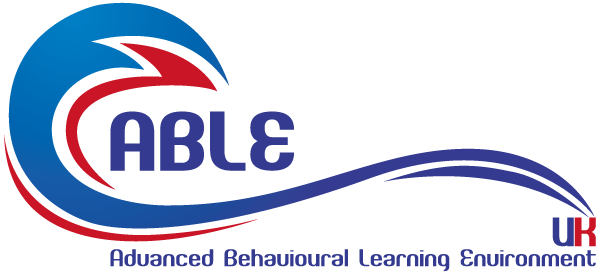Every parent wants to see their child grow up happy, healthy, and confident. But for some children, developmental delays or behavioural challenges can make everyday life feel like an uphill battle. When these challenges are left unaddressed, they can interfere with social, academic, and emotional growth. This is where early intervention comes in, and one of the most effective early interventions for children with autism or other developmental delays is Applied Behaviour Analysis (ABA) therapy.
ABA therapy has gained widespread recognition for its effectiveness in helping children, particularly those with autism spectrum disorder (ASD), learn essential skills and overcome behavioural challenges. It’s a therapeutic approach grounded in decades of research, designed to improve communication, social, and cognitive skills. The earlier ABA therapy is introduced, the more beneficial it can be in setting children on a path toward a brighter future.
Why Early Intervention Matters
Childhood is a critical time for brain development. During the first few years of life, the brain is highly adaptable, forming new connections at an astonishing rate. This period of rapid growth and change means that early intervention can have a profound and lasting impact on a child’s development. Delaying intervention can lead to missed opportunities for learning and growth. For children with developmental delays or behavioural challenges, the gap between their abilities and those of their peers can widen over time. But with early intervention, these gaps can be closed, or at least significantly reduced.
ABA therapy, when introduced early, can capitalize on this window of opportunity. By teaching children new skills and reinforcing positive behaviours, ABA therapy helps children build a strong foundation for future learning.
Here are some of the benefits of introducing ABA therapy early for children that have been diagnosed with developmental challenges:


2 comments
tlover tonet
December 9, 2024 @ 5:33 pmI simply could not depart your web site before suggesting that I actually loved the usual info an individual provide on your guests? Is going to be again steadily to check up on new posts
Armando Mclaughlin
January 4, 2025 @ 10:51 amSimply desire to say your article is as surprising. The clearness in your post is simply excellent and i could assume you are an expert on this subject. Fine with your permission let me to grab your feed to keep up to date with forthcoming post. Thanks a million and please carry on the gratifying work.